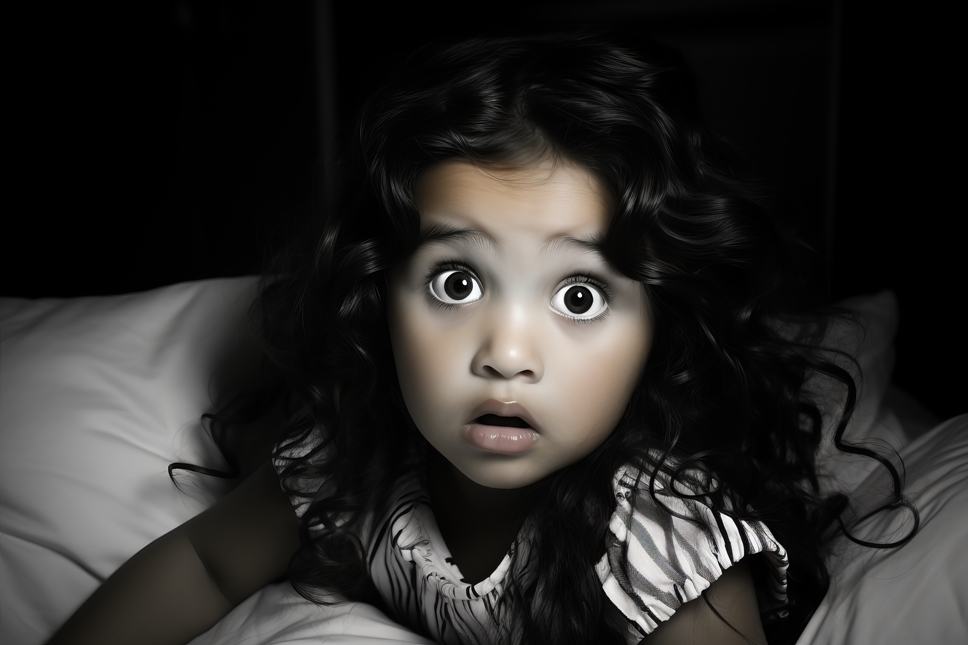Schizophrenia is a chronic and severe mental disorder that affects how a person thinks, feels, and behaves. The exact cause of schizophrenia is not fully understood, but it is believed to involve a complex interplay of genetic, environmental, and neurochemical factors. The symptoms of schizophrenia can vary in severity and may come and go in episodes called psychotic episodes. During a psychotic episode, individuals may experience a break from reality and have difficulty distinguishing between what is real and what is not. They may exhibit disorganized behaviour, have abnormal perceptions of reality, and experience changes in their emotions and social interactions.
There are several types of schizophrenia:
- paranoid schizophrenia
- disorganized schizophrenia
- catatonic schizophrenia
- undifferentiated schizophrenia
Do you / your loved ones suffer from schizophrenia?
- Do you generally have hallucinations?
- Do you have delusions?
- Do you have disorganized thinking or distorted speech?
- Do you have diminished emotional expression?
- Do you have cognitive difficulties?
Treatment for schizophrenia:
Psychosocial interventions, such as therapy, family support, and skills training, can help individuals manage their symptoms, improve their functioning, and enhance their quality of life.











